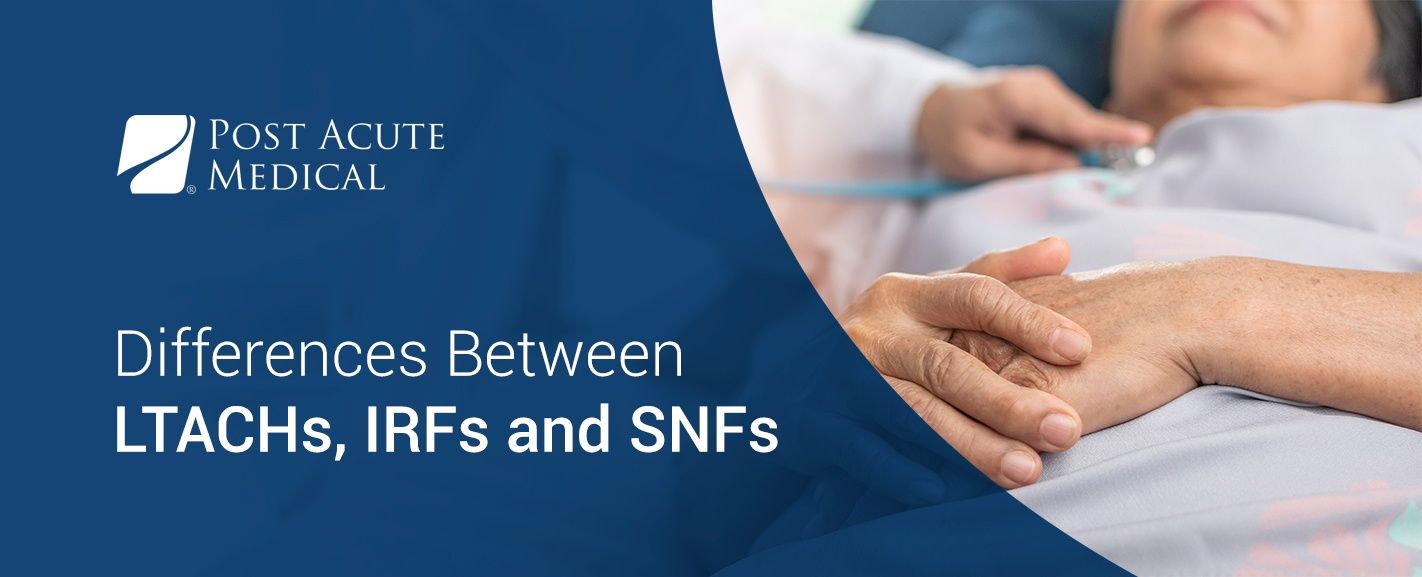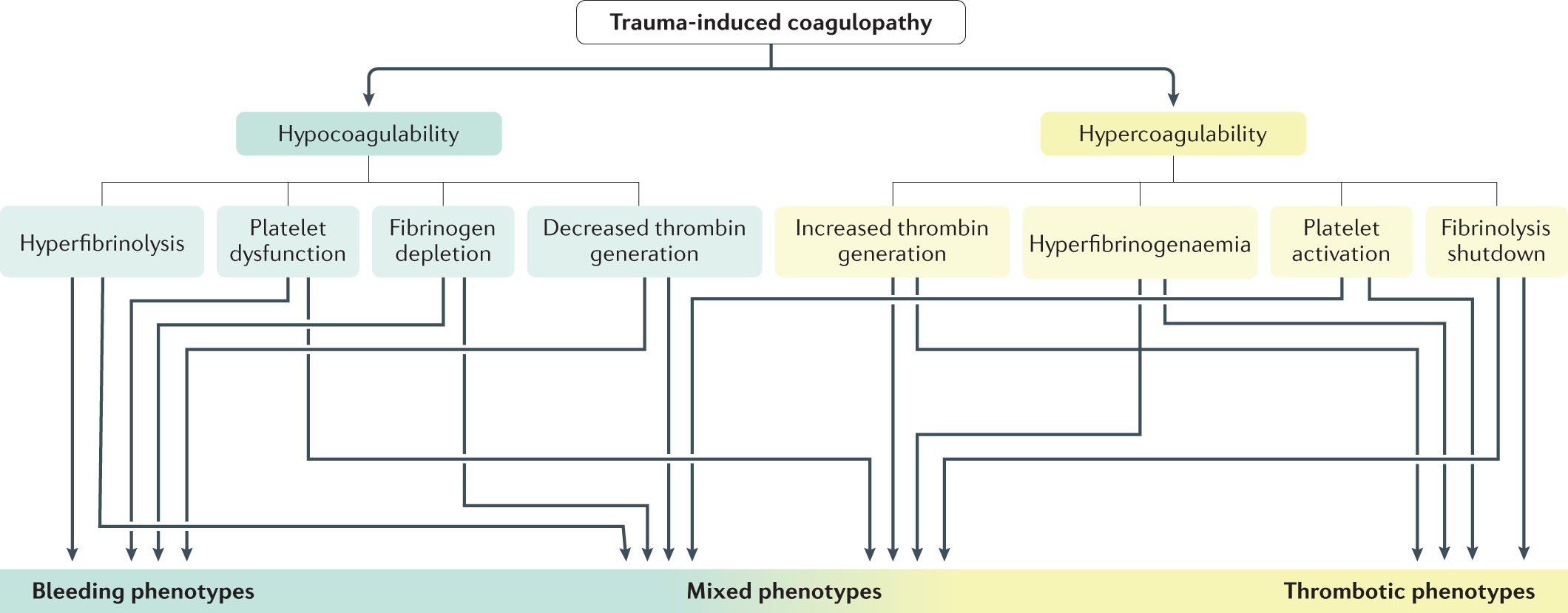What Does Long Term Acute Care Mean
Patients in LTACHs are very ill and may need cardiac monitoring intravenous lines and mechanical ventilators. Long-Term Acute Care If you are treated with a chronic critical illness you may need long-term acute care LTAC after you leave the hospital.

What Is Acute Illness Definition Examples Video Lesson Transcript Study Com
This type of care is typically used for injuries illnesses urgent and emergency needs and for recovery or rehabilitation after surgery.
What does long term acute care mean. Having severe symptoms and a short course. Acute care is in contrast to long-term care sometimes called chronic care for recurring illnesses and progressive or terminal conditions. Medicare Part A pays for medical bills in full for the first 20 days.
What are long-term acute care hospitals. But when it comes to long-term acute care there are many misconceptions. Acute care is short-term health care that involves treatment and care that are active but not over a long period of time.
Hospitals specializing in long-term care have existed for decades in the form of sanatoriums for patients with tuberculosis and other chronic diseases. The need for long-term care can arise suddenly such as after a heart attack or stroke. It is common for long-term care to provide custodial and non-skilled care such as assisting with normal daily tasks like dressing bathing and using the bathroom.
The goal of long-term acute care hospitals LTACHs is to help patients recover from debilitating illnesses and injuries and regain their ability to live independently. Long term care consists of a range of services to meet personal care needs to assist with the tasks of everyday life. These services may be provided free or for a fee.
But the study of 14072 Medicare patients who were transferred from regular acute-care hospitals to LTACHs found. Many people have never heard of a long-term acute care hospital because the services are specially designed for people with unique medical needs who require serious care following a trip to the emergency room or an increase in symptoms of a chronic illness they live with. Long-term care typically refers to extended medical and social services required by people with chronic conditions to help them live as independently as possible despite significant challenges.
Secondly how many days does Medicare pay for long term acute care. Sub-acute care is intensive but to a lesser degree than acute care. Called also secondary care.
Some serious illnesses that were formerly considered acute such as myocardial infarction are now recognized to be acute episodes of chronic conditions. Medical social housing transportation and other services may be required. These patients are typically discharged from the intensive care units and require more care than they can.
Institutional settings such as nursing homes. Increasingly long-term care involves. Longterm care hospitals LTCHs are certified as acutecare hospitals but LTCHs focus on patients who on average stay more than 25 days.
They develop and potentially worsen over time eg Crohns disease. There are 6 Activities of Daily Living or ADLs these include. Free-standing Lacks are Lacks in separate buildings from short term acute care hospitals.
Most often however it develops gradually as people get older. Long-term acute care hospitals LTACHs are designed to help patients advance their recovery when traditional hospitals may not have the time or resources to help them. Maskot Getty Images.
Long-term care also includes community services such as meals adult day care and transportation services. This type of care is for those who are critically ill or suffer from an injury that wont withstand the longer daily therapy sessions of acute care. A long-term acute care hospital Leach also known as a Long Term Care Hospital Latch is a hospital specializing in treating patients requiring extended hospitalization.
A long-term acute care hospital LTACH also known as a long-term care hospital LTCH is a hospital specializing in treating patients requiring extended hospitalization. Acute care the level of care in the health care system that consists of emergency treatment and critical care. In general if you cant do 2 or more of.
Available long term services and supports may include case management supervision assistance with activities of daily living ie bathing personal hygiene dressing mobility toiletry and eating and instrumental activities of daily living ie housecleaning meal preparation and shopping for essentials home health aides meal delivery congregate meals in-home out-of-home respite care. However Medicare stops paying entirely after 100 days of inpatient care. Sub-acute care is for anyone who needs treatment that involves.
Long-term care is a variety of services which help meet both the medical and non-medical needs of people with a chronic illness or disability who cannot care for themselves for long periods of time. LTCHs generally give services. People often need long-term care when they have a serious ongoing health condition or disability.
The LTAC facility gives you the specialized care you need when you are too sick to go to a skilled nursing or rehab facility. Broadly speaking acute conditions occur suddenly have immediate or rapidly developing symptoms and are limited in their duration eg the flu. Long-term acute care hospitals LTACHs are facilities that specialize in the treatment of patients with serious medical conditions that require care on an ongoing basis but no longer require intensive care or extensive diagnostic procedures.
Eating bathing dressing toileting continence and transferring ability to get out of bedchair. Long-term care may be delivered in community settings such as adult day cares. Long term acute care is when you need 25 or more days of inpatient hospital service to treat your condition.
June 26 2018. Thats why it can be so confusing if your loved ones. Chronic conditions on the other hand are long-lasting.
LTCHs specialize in treating patients who may have more than one serious condition but who may improve with time and care and return home. Many of the patients in LTCHs are transferred there from an intensive or critical care unit.
Introduction To The Case Management Body Of Knowledge Ccmc S Case Management Body Of Knowledge Cmbok

Inpatient Vs Outpatient Care What S The Difference

Data Visualization Informing And Influencing Healthcare Architecture Healthcare Architecture Data Visualization Health Care

Types Of Health Care Facilities For Health Administrators Regis College Online

Acute Pain Nursing Diagnosis Care Plan Nurseslabs
Acute Care Hospitals Their Role In Healthcare Carevoyance

Differences Between Ltachs Irfs And Snfs Post Acute Medical
Acute Care Hospitals Their Role In Healthcare Carevoyance

From Center For Disease Control Prevention Alarming Rise In Antibiotic Resistant Nightmare Bacte Infection Control Nursing Acute Care Hospital Health Care

A Complete Guide To Singapore Community Hospitals Homage

Inpatient Vs Outpatient Care What S The Difference

Trauma Induced Coagulopathy Nature Reviews Disease Primers

Acute Care Vs Ambulatory Care Which Nursing Environment Is Right For You Rasmussen University

Differences Between Ltachs Irfs And Snfs Post Acute Medical

Differences Between Ltachs Irfs And Snfs Post Acute Medical

Fst 300 Free Standing Track Handicare Usa Senior Living Long Term Care Facilities Adaptive Tools




Post a Comment for "What Does Long Term Acute Care Mean"